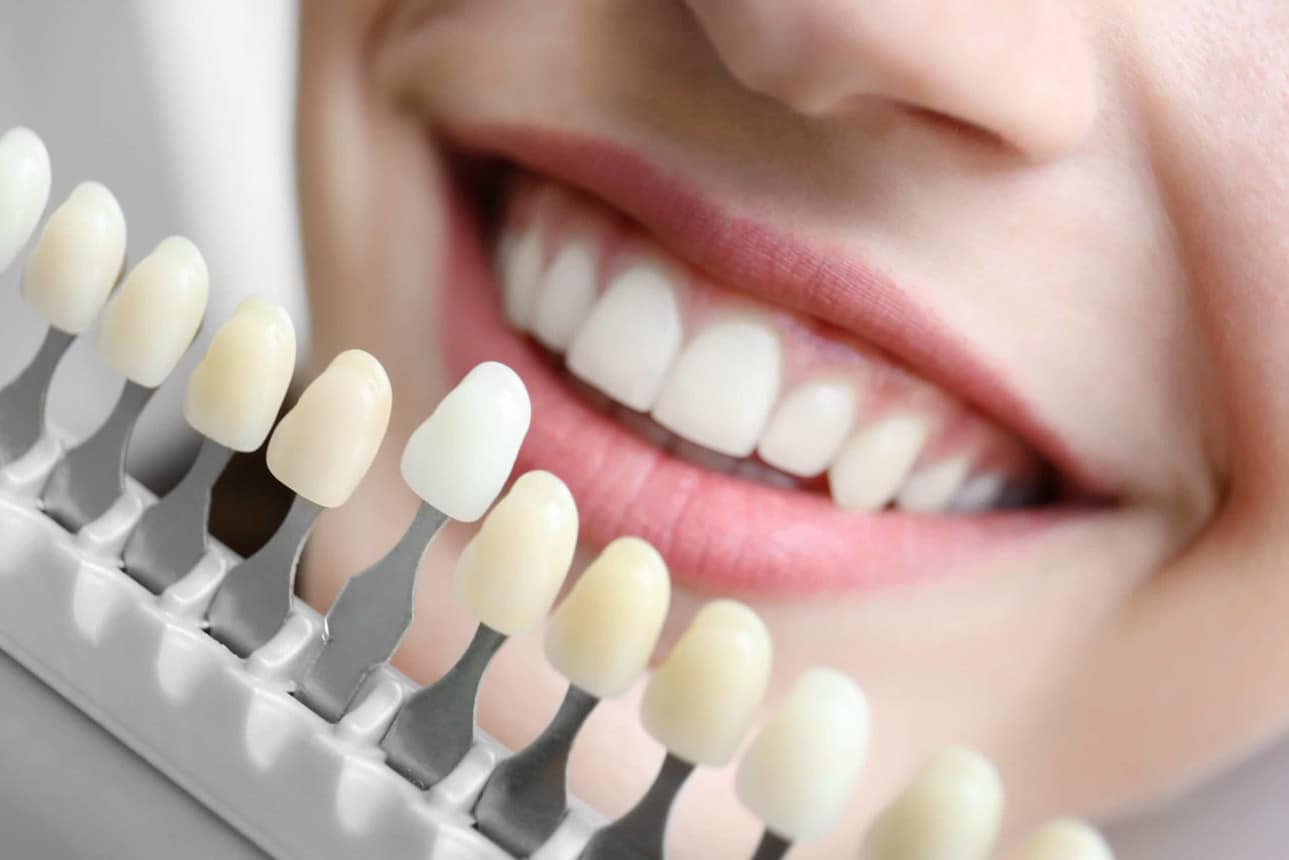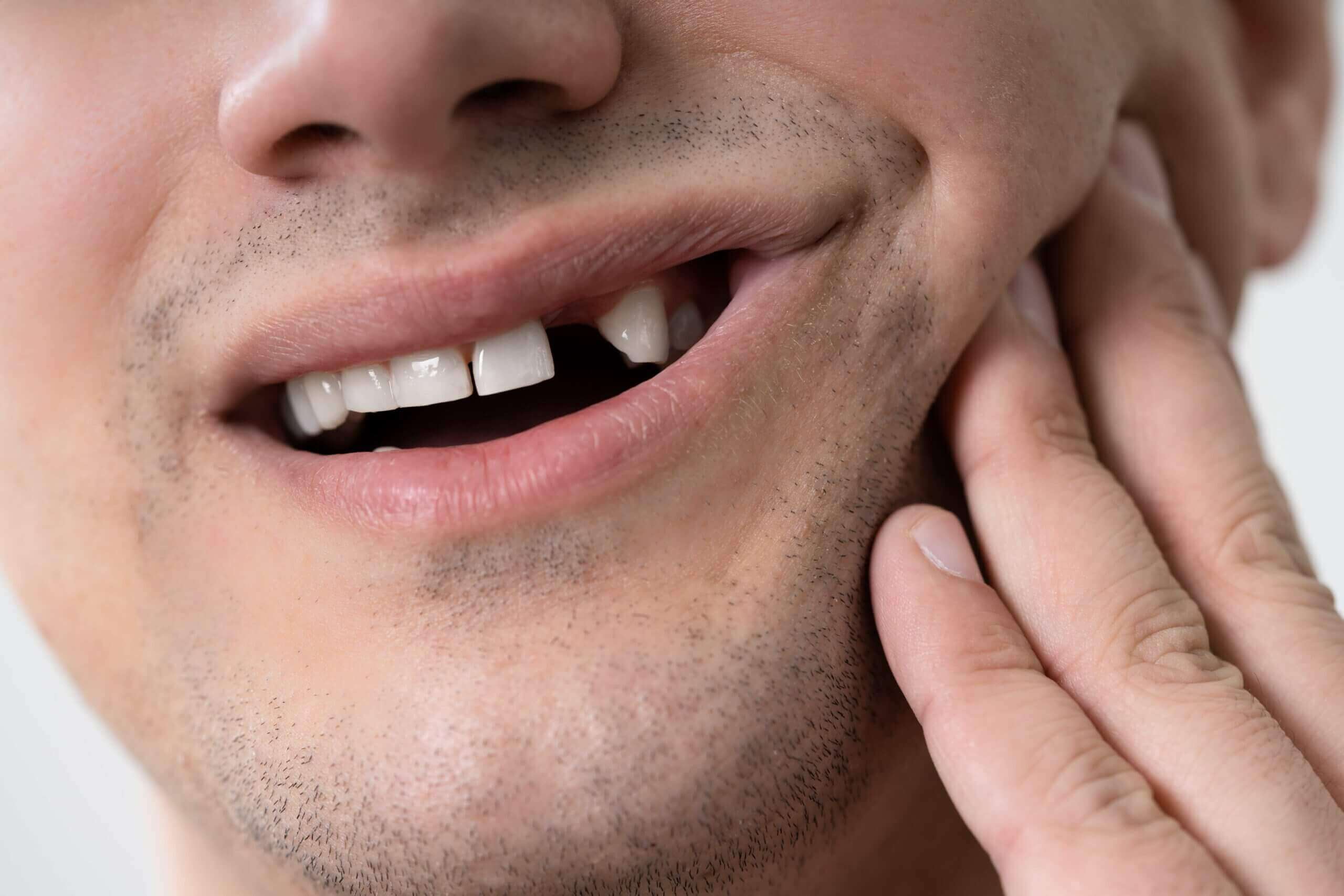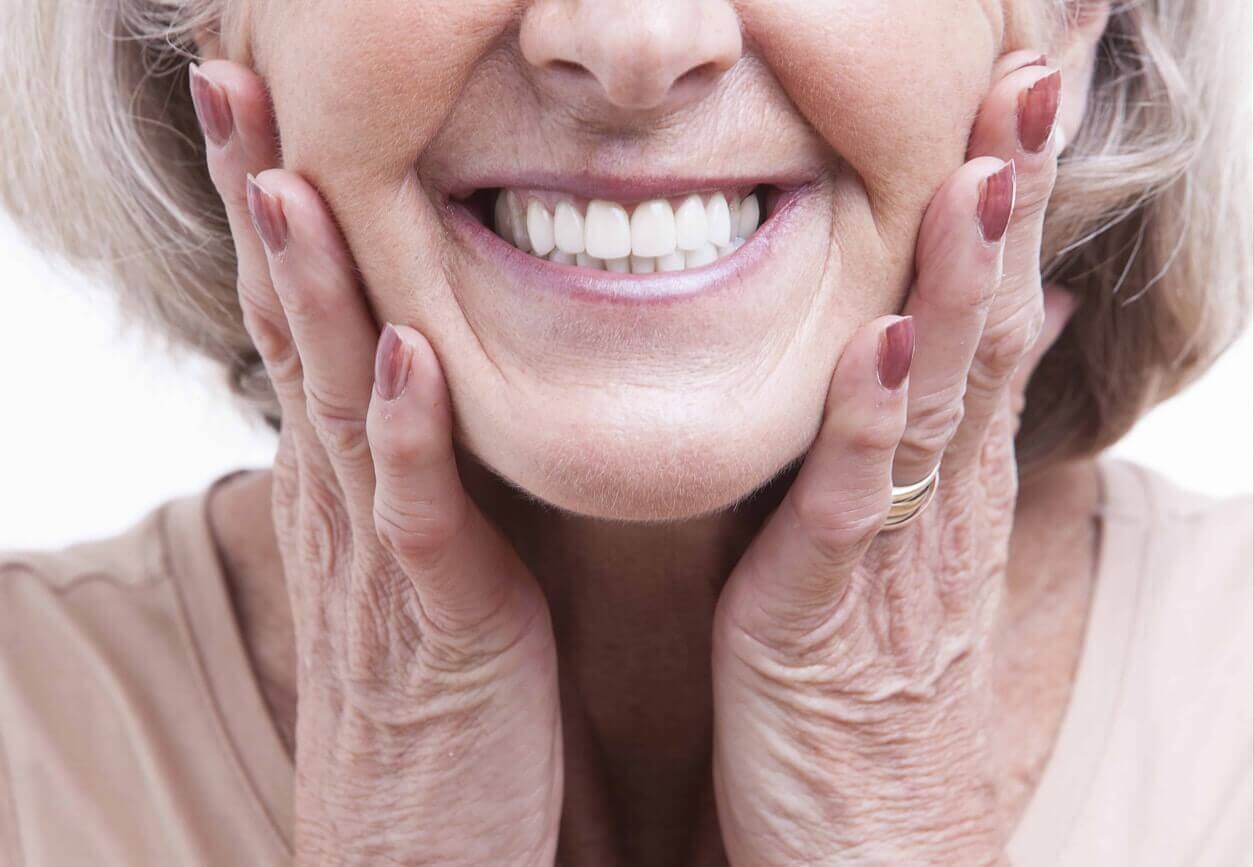- Protection against pregnancy gingivitis
- How morning sickness can hurt your teeth and gums
- Looking after your oral health during pregnancy
- Should I be going to the dentist during pregnancy?
- Dental care for your child
- Looking for a dentist in Toronto while pregnant?
When you receive the happy news that you’re going to have a baby, so many thoughts will rush through your head. Lists of baby names, setting up a nursery, and telling your friends and family are probably at the top of your list.
There’s so much to plan for that you might not immediately consider how pregnancy will affect your teeth. However, it’s essential for upcoming mothers-to-be to preserve their dental health for the sake of their baby and themselves.
Protection against pregnancy gingivitis
Between your second and eighth month of pregnancy, your body will start producing more pregnancy hormones such as progesterone, which will make you more susceptible to gingivitis (also called gum disease or periodontal disease). The easiest way to tell if you have gingivitis is if your gums are puffy and swollen or there is significant bleeding after brushing.
You may also notice quite a bit of pain from your gums after brushing your teeth, bad breath or a dry mouth.
In many cases, your dentist will recommend a complete cleaning around the end of your 2nd trimester, as well as a final assessment before you give birth. If necessary, they will also discuss a customized treatment plan based on your oral history to ensure you keep your gums healthy and strong throughout pregnancy.
In the meantime, if you find that your gums are slightly sore or swollen after brushing, you can rinse your mouth with warm salt water.
How morning sickness can hurt your teeth and gums
The severity of morning sickness can vary from pregnancy to pregnancy, even if you have had children before. Morning sickness is unpleasant enough on its own, but it can also harm your oral health.
This is due to the acid in the stomach coming into contact with your mouth during vomiting. The pH level in your stomach acid can eat away at tooth enamel, which protects the sensitive dentin and pulp inside your tooth. Stomach acid will also irritate your gums.
After each bout of morning sickness, be sure to rinse with water to get rid of the acid before it can cause your teeth and gums harm. In the event of severe morning sickness or frequent vomiting, try rinsing with a teaspoon of baking soda mixed with warm water to stop stomach acid from attacking your teeth.
You can also smear some fluoride toothpaste on your teeth to refresh your mouth and help strengthen the enamel.
However, avoid brushing your teeth for at least 30 minutes after an attack of morning sickness to give your enamel time to recover from the exposure to acid.
Looking after your oral health during pregnancy
If you are proactive with your oral health, you will be increasing your chances of having a safe and comfortable pregnancy. Here are some tips that will help protect your teeth and gums while pregnant:
- Brush twice per day using a fluoride toothpaste that lessens the risk for cavities
- Floss between your teeth once per day to reach spaces your toothbrush can’t reach
- Eat a healthy diet, avoiding sugary foods
- Have 2 ½ servings of calcium-rich food to strengthen the bones and teeth of you and your baby
- Drink plenty of fluoridated tap water and avoid sugary drinks
- Control plaque build-up by rinsing at night with an antimicrobial mouth rinse
- Visit your dentist regularly throughout your pregnancy for dental cleanings
Your dental provider is your partner in protecting your oral hygiene, so be sure to keep visiting them regularly while expecting.
Should I be going to the dentist during pregnancy?
Yes, it would be best if you continued to visit your dentist regularly when pregnant. Your dental health plays an integral part in maintaining overall health and well-being, which significantly influences your baby’s health. Therefore, keeping up with your dental treatment or seeing your dentist when you have specific concerns is integral to having a comfortable pregnancy.
Be sure to disclose to your dental team that you are (or possibly) pregnant either when you make the appointment or when you’re in the office. Dentists and doctors will avoid prescribing certain medicines to pregnant women to protect the health of their babies.
If you find the dental chair uncomfortable, ask for a pillow or towel to put under your right hip so you can relax during your appointment.
Dental care for your child
In most cases, you should bring your child for their first dental appointment at around two years old, when they can hold their mouth open independently.
Your dentist will examine your child’s teeth, tongue, gums, and jaw. They will also give you advice on how to clean your child’s mouth to avoid cavities, how to handle teething, tooth-friendly nutrition, and more.
Just be sure to bring in those baby pictures as soon as you can – we look forward to seeing them!
Looking for a dentist in Toronto while pregnant?
At Yonge Eglinton Dental, the care and safety of you and your baby are our highest priority. Be sure to schedule a visit if you have any issues with your teeth or gums to help you have a healthy pregnancy. Make an appointment for an office visit today by calling our office at 416-932-2222 or booking online.
Are you concerned about visiting the dentist? Read about how we protect the health and safety of our patients and staff so your family can seek proper dental care with peace of mind.





